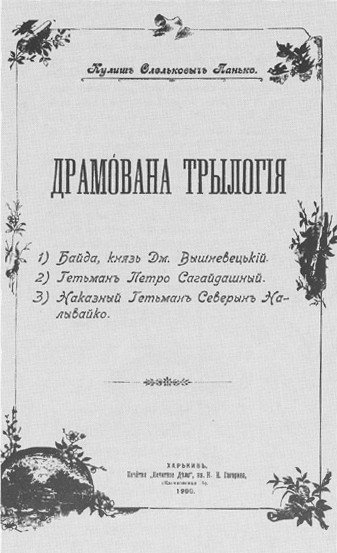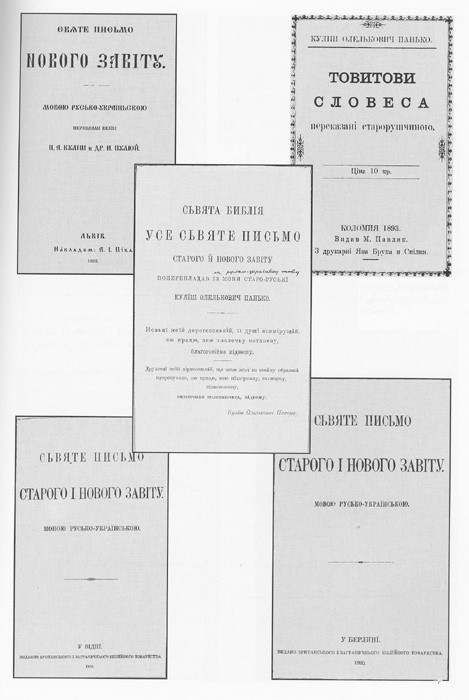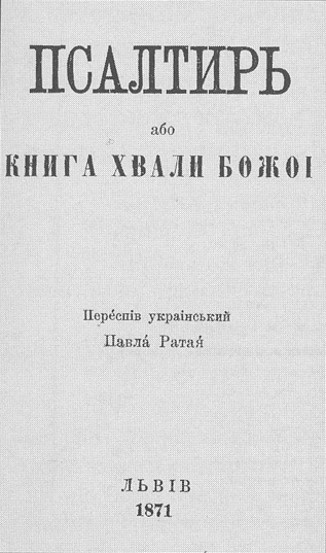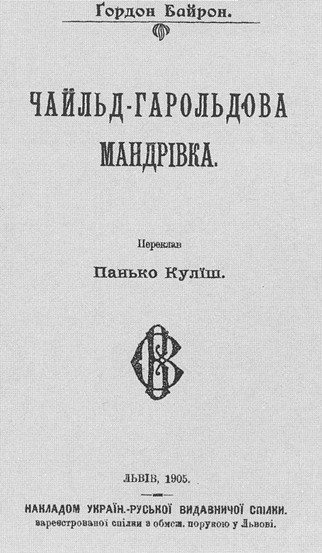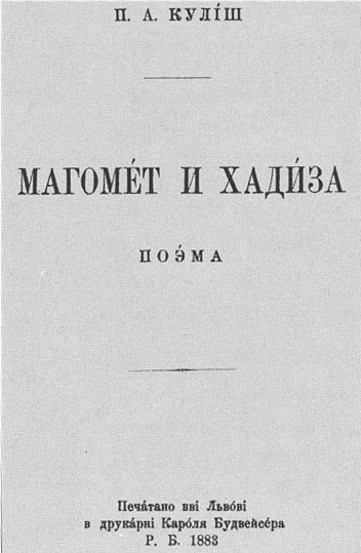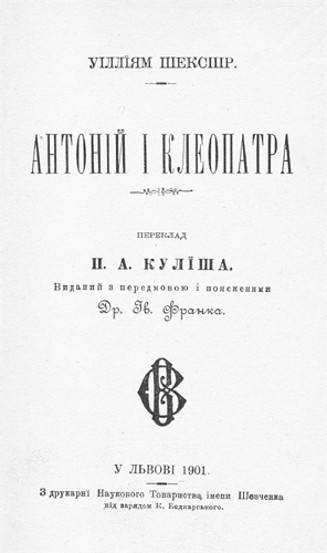Kulish, Panteleimon
Kulish, Panteleimon [Kuliš, Pantelejmon], b 8 August 1819 in Voronizh, Chernihiv gubernia, d 14 February 1897 in Motronivka, Chernihiv gubernia. (Portrait: Panteleimon Kulish.) Prominent writer, historian, ethnographer, and translator. He was born into an impoverished Cossack-gentry family. After completing only five years at the Novhorod-Siverskyi gymnasium he enrolled at Kyiv University in 1837 but was not allowed to finish his studies because he was not a noble. He obtained a teaching position in Lutsk in 1840. There he wrote his first historical novel in Russian, Mikhail Charnyshenko, ili Malorossiia vosem’desiat let nazad (Mykhailo Charnyshenko, or Little Russia Eighty Years Ago, 2 vols, 1843). Mykhailo Maksymovych promoted Kulish's literary efforts and published several of his early stories. His first longer work written in Ukrainian was the epic poem ‘Ukraïna’ (Ukraine, 1843). In 1843–5 Kulish taught in Kyiv and studied Ukrainian history and ethnography. There he befriended Taras Shevchenko, Mykola Kostomarov, and Vasyl Bilozersky; their circle later became the nucleus of the secret Cyril and Methodius Brotherhood. Another new friend, the Polish writer Michał Grabowski, also had a great influence on him.
In 1845 P. Pletnev, the rector of Saint Petersburg University, invited Kulish to teach at the university. In Saint Petersburg Kulish finished in Ukrainian his major historical novel, Chorna rada, khronika 1663 roku (The Black Council, a Chronicle of the Year 1663), of which excerpts were published in Russian translation in Muscovite journals in 1845–6. To prepare him for a professorial career, the Imperial Academy of Sciences granted him a scholarship to do research abroad. In 1847 he married O. Bilozerska (the future writer Hanna Barvinok) and set out with her for Prague. En route he was arrested by the tsarist police in Warsaw for belonging to the Cyril and Methodius Brotherhood, which had been uncovered at the time. After two months in prison he was exiled for three years to Tula. Because his main offence had been writing a ‘Tale of the Ukrainian People,’ Kulish was forbidden to write. He maintained his innocence, but his interrogation and closed trial and subsequent loss of freedom were for him a deep trauma.
In 1850 he was allowed to return to Saint Petersburg. While working as an editor there, he tried, unsuccessfully, to establish himself as a Russian littérateur, publishing in the journal Sovremennik the autobiographical novella ‘Istoriia Uliany Terent'evny’ (The History of Uliana Terentevna, 1852), the historical novel ‘Aleksei Odnorog’ (1852–3), and the novella ‘Iakov Iakovlevich.’ He worked on a long biography of Nikolai Gogol, finishing it in 1856 while visiting S. Aksakov.
Soon his Ukrainian interests took the upper hand. After living for a while on a khutir in Ukraine and in Kyiv, Kulish returned to Saint Petersburg. There he established a Ukrainian printing press and, after being allowed to publish under his own name, issued two splendid volumes of Zapiski o Iuzhnoi Rusi (Notes on Southern Rus’, 1856–7), a rich collection of Ukrainian folklore, ethnography, and literature in which he introduced a new orthography (Kulishivka). In 1857 he finally published Chorna rada in its entirety, in both Ukrainian and Russian. In the epilogue to the Russian edition he pleaded for the first time for the political unity of Ukraine and Russia while stressing their cultural separateness. He also published a primer (Hramatka, 1857) for use in Sunday schools, a volume of Marko Vovchok's folk tales (1858), and the Ukrainian almanac Khata (Saint Petersburg) (Home, 1860). ‘Maior’ (Major), his Russian novella about his life in Ukraine, appeared in Russkii vestnik in 1859. In 1860–2 he was actively involved in the Ukrainian journal Osnova (Saint Petersburg). In 1862 he published a separate collection of his own poems, Dosvitky (Glimmers of Dawn).
In 1864 Kulish accepted a high Russian official post in Warsaw. From there he developed further the contacts he had made earlier with Galician intellectuals and contributed to several Lviv periodicals. When he was asked to end these contacts he refused and resigned in 1867. After traveling abroad he returned to Saint Petersburg. For a while he edited a Russian government publication. Most of his time he devoted to the study of Ukrainian history, particularly of the Cossack period. His earlier romantic view of the Cossacks gave way to a new and very critical appraisal of them, which had already been evident in Chorna rada. He published several long articles on the Cossacks entitled ‘Mal'ovana haidamachchyna’ (The Painted Haidamaka Era, 1876) and a major study in three volumes, Istoriia vossoedineniia Rusi (The History of the Reunification of Rus’, 1874–7). In the latter he expressed admiration for Peter I and Catherine II and made some uncomplimentary remarks about Taras Shevchenko, thereby alienating most of the Ukrainian reading public. At about the same time, Kulish began translating the Bible, a work that, with the help of Ivan Puliui and Ivan Nechui-Levytsky, was finally completed only after his death. His translation of the Psalter was published in Galicia in 1871.
After the 1876 Ems Ukase forbade Ukrainian publications in the Russian Empire, Kulish strengthened his ties with Galicia. In 1881 he went to Lviv, and in 1882 his collection of poems and essays, Khutorna poeziia (Khutir Poetry), his Ukrainian translations of William Shakespeare's Othello, Troilus and Cressida, and Comedy of Errors, and an appeal for Ukrainian-Polish understanding, Krashanka rusynam i poliakam na Velykden’ 1882 roku (A Painted Egg for the Ruthenians and the Poles at Easter 1882), were published there. In 1883 he published his long poem ‘Mahomet i Khadyza’ (Muhammad and Khadijah), showing his deep interest in Islam. He seriously considered renouncing his Russian citizenship and remaining in Austria-Hungary, but government policies there changed his mind. Disheartened but not dejected, Kulish returned to Russian-ruled Ukraine, settled on his khutir Motronivka, and remained there with his wife until his death. Cut off from most Ukrainian activists, he conducted a wide correspondence and worked on translations of the Bible and the works of Shakespeare, Goethe, and Byron. He wrote two more collections of poetry, Dzvin (The Bell, 1893) and Pozychena kobza (The Borrowed Kobza, 1897), which were published in Geneva. A major historical study, ‘Otpadenie Malorossii ot Pol’shi’ (The Separation of Little Russia from Poland, 1888–9), was also completed on his khutir.
Both during his life and after his death Kulish was a controversial figure. His emphasis on the development of a separate, indigenous Ukrainian high culture while advocating political union with Russia found little sympathy among Ukrainian populists. After 1850, during his intense writing and publishing activity, he remained aloof from organized Ukrainian community life. His attempts at influencing Ukrainian cultural activities in Austrian-ruled Galicia were often misunderstood. Kulish's uncompromising attitude and his egocentrism were often stumbling blocks in his relations with others. Yet even his opponents granted him his achievements. During the modernist period of Ukrainian literature interest in Kulish was revived by M. Sribliansky and Mykola Yevshan. Dubove lystia (Oak Leaves), an almanac in his memory, appeared in Kyiv in 1903, and editions of his works were published in Kyiv (5 vols) and Lviv (6 vols) in 1908–10. In Soviet Ukraine some of his works were republished, new research about him (by Viktor Petrov, Oleksander Doroshkevych, Mykhailo Mohyliansky, Yevhen Kyryliuk, Mykola Zerov, Mykhailo Vozniak, and others) appeared, and the publication of a complete edition of his works was begun (2 vols, 1930, 1934) in Kyiv but not completed. During the Literary Discussion of 1925, Mykola Khvylovy defended Kulish as ‘a truly European intellectual.’ From 1933 on, however, Kulish's works were virtually proscribed in the USSR until a volume of his selected writings appeared in Kyiv in 1969, followed by a small volume of his poetry in 1970. Soviet literary critics have wrongly accused Kulish of ‘bourgeois nationalism.’ In the West, interest in Kulish has existed mainly among academics. An abridged English translation of his Chorna rada was published in Littleton, Colorado, in 1973, and a Ukrainian volume of his selected letters appeared in New York in 1984. A two-volume edition of his selected works was published in Kyiv in 1994.
BIBLIOGRAPHY
‘Zhyzn' Kulisha’ Pravda (Lviv), 1868, nos 2–4, 7, 24–8
Shenrok, V. P.A. Kulish (Biograficheskii ocherk) (Kyiv 1901)
Doroshenko, D. Panteleimon Kulish (Berlin [1923])
Hrushevskyi, M. ‘Sotsiial’no-tradytsiini pidosnovy Kulishevoï tvorchosty,’Ukraïna, 1927, nos 1–2
Iefremov, S.; Doroshkevych, O. (eds). Panteleimon Kulish (Kyiv 1927)
Kyryliuk, Ie. Bibliohrafiia prats’ P.O. Kulisha ta pysan’ pro n’oho (Kyiv 1929)
Petrov, V. Panteleimon Kulish u p'iatdesiati roky (Kyiv 1929)
Luckyj, G. Panteleimon Kulish: A Sketch of His Life and Times (Boulder, Colo 1983)
Nakhlik, Ie. Panteleimon Kulish i "Rus’ka Triitsia": Do problemy ideolohichnykh shukan’ sered ukraïns’koï intelehentsiï XIX stolittia (Lviv 1994)
Helei, S. Konservatyvna techiia v suspil’no-politychnii dumtsi Ukraïny XIX st. (Lviv 1996)
George Stephen Nestor Luckyj
[This article was updated in 2004.]

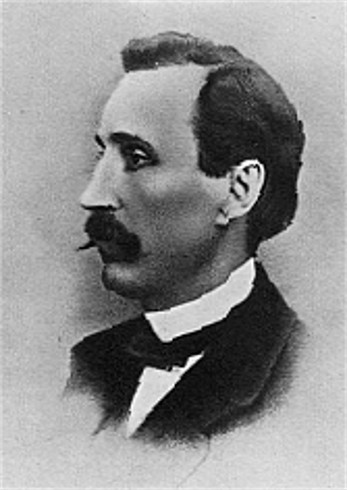
.jpg)
.jpg)
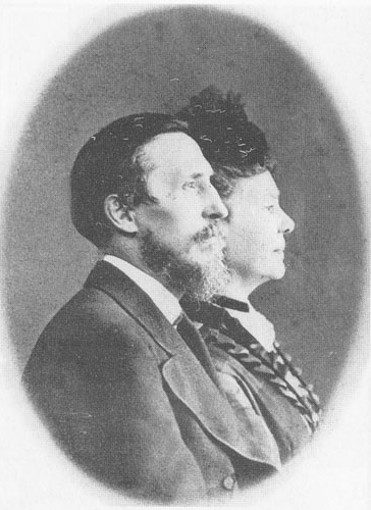
.jpg)
.jpg)
.jpg)
.jpg)
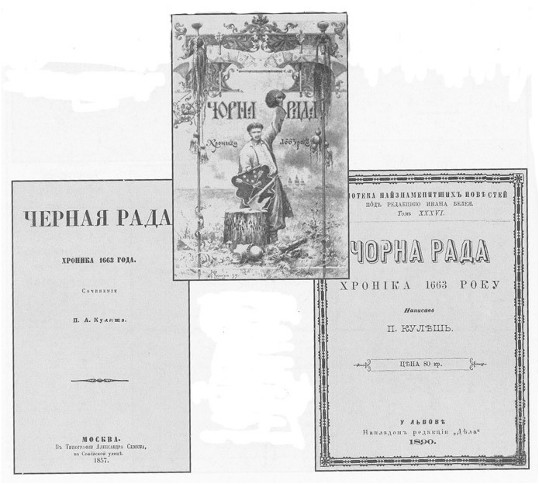
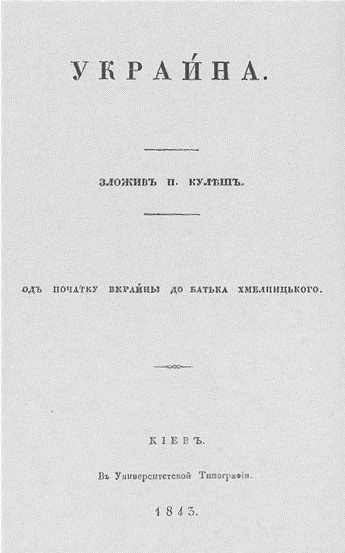
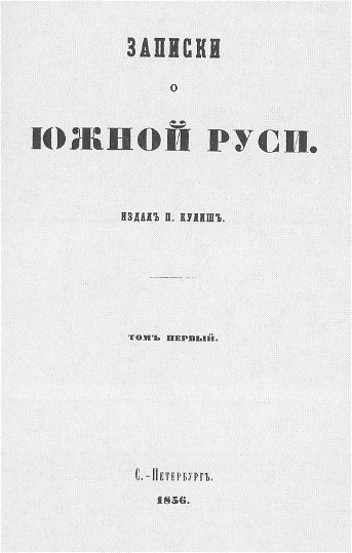
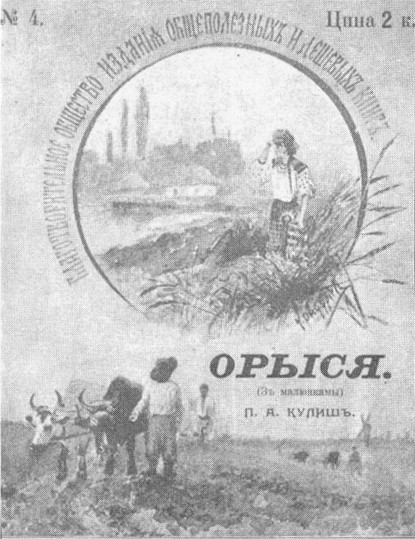
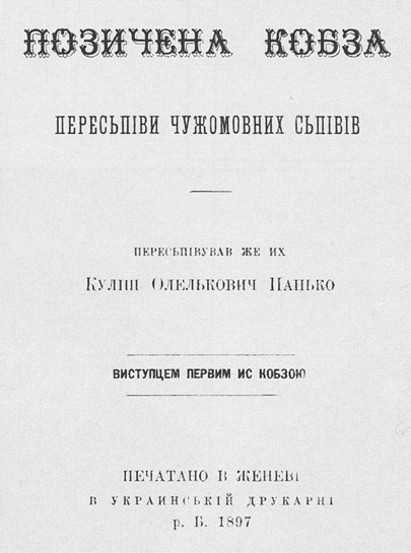
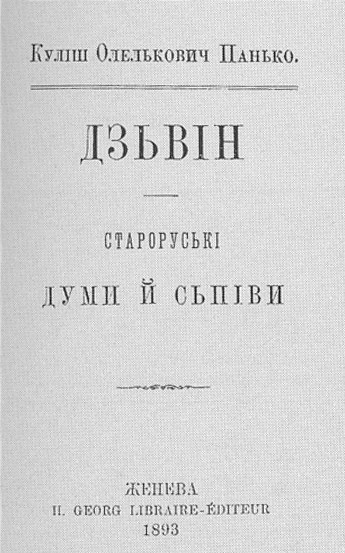
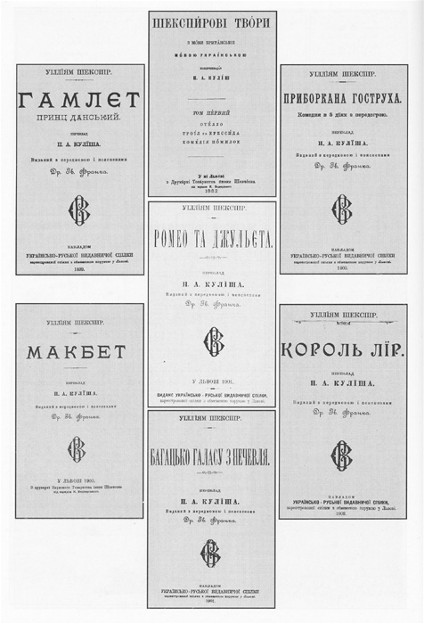
.jpg)
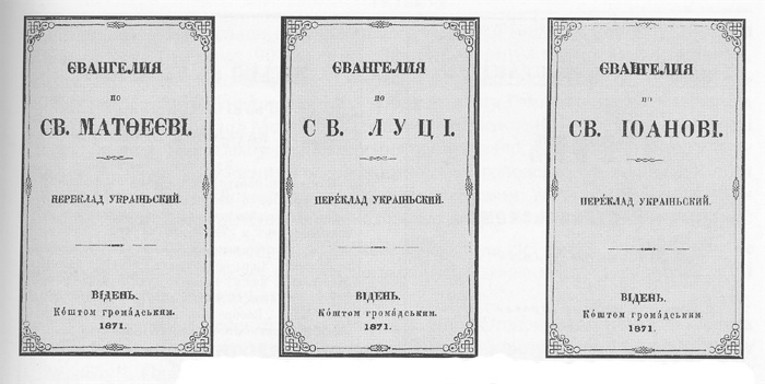
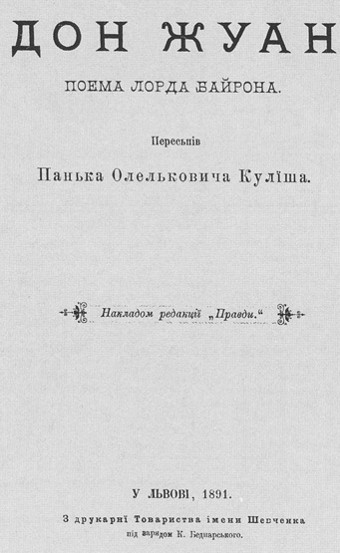
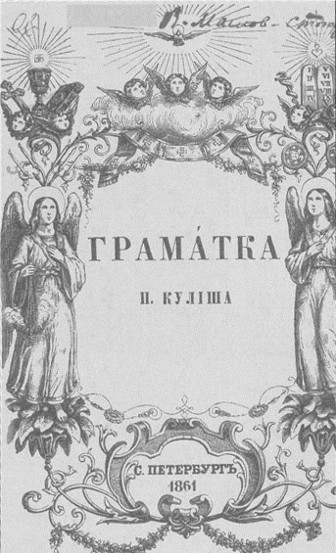
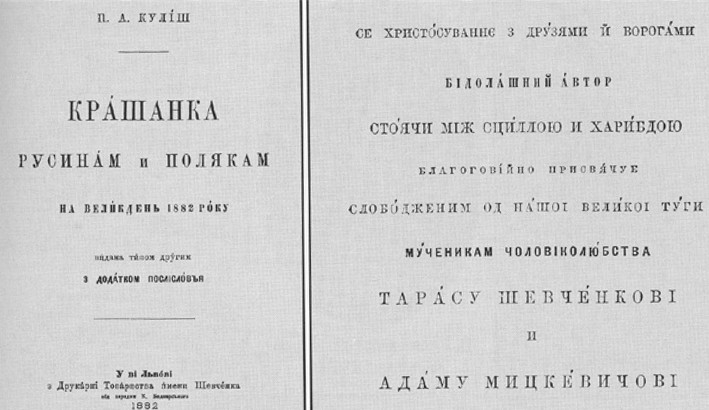
.jpg)
